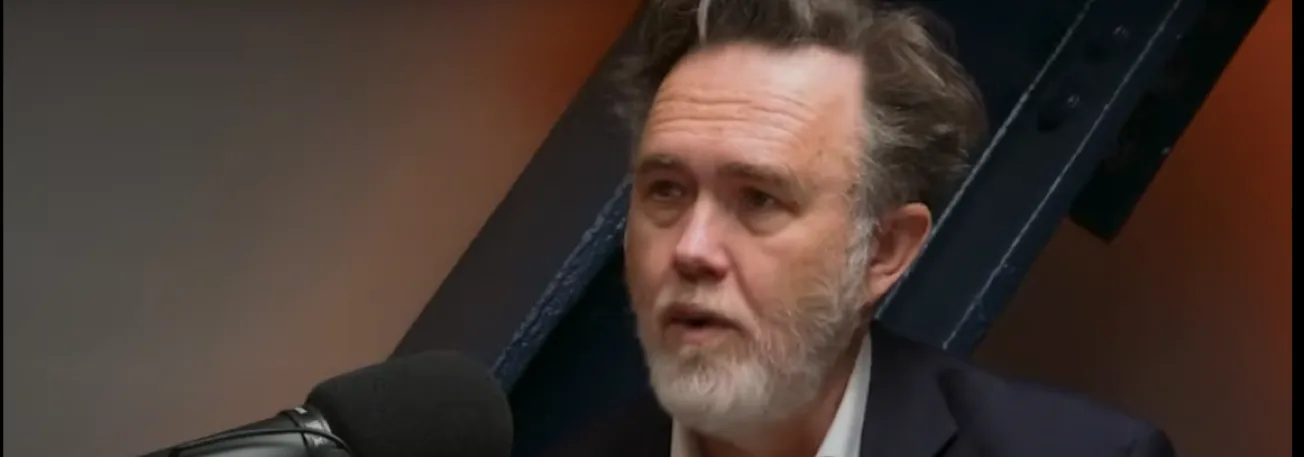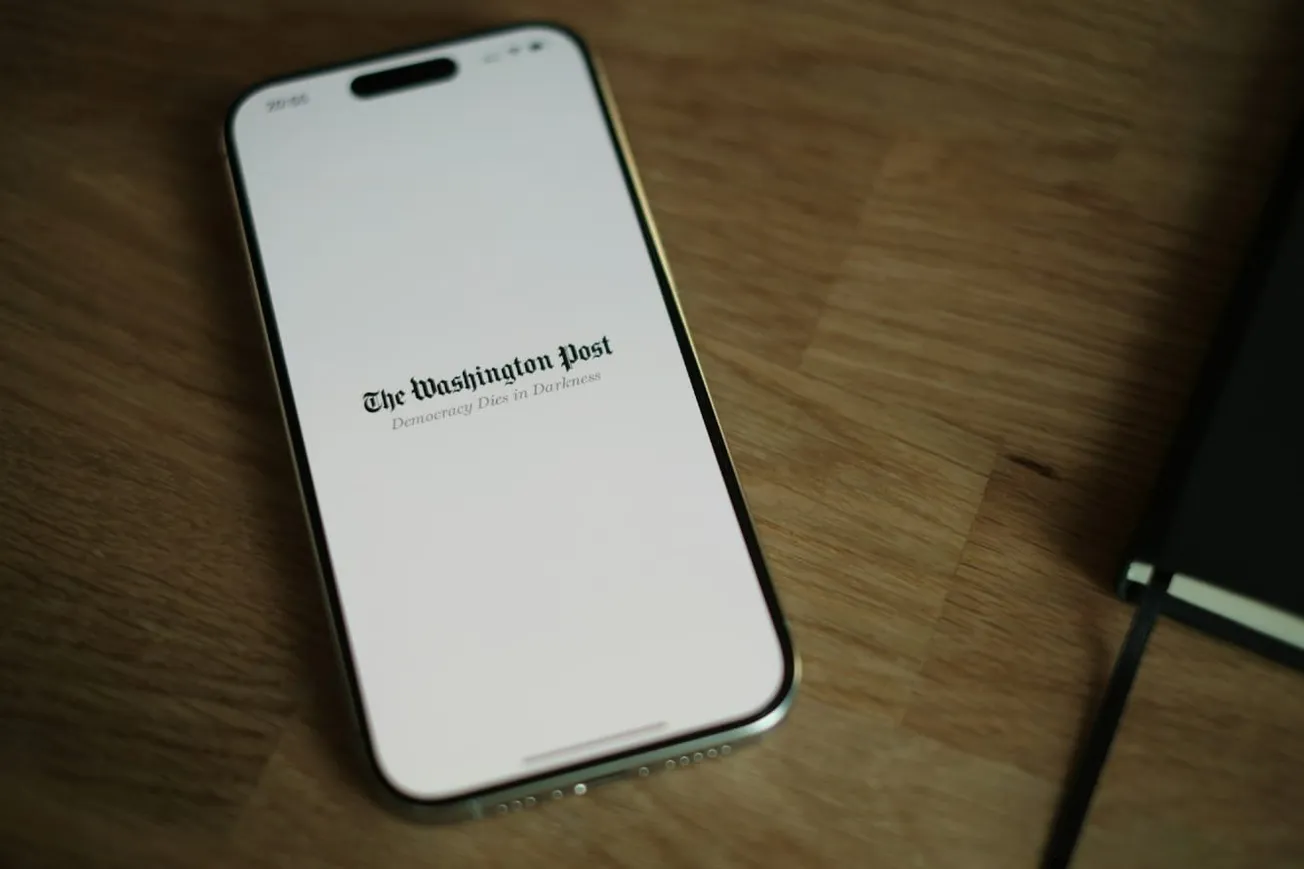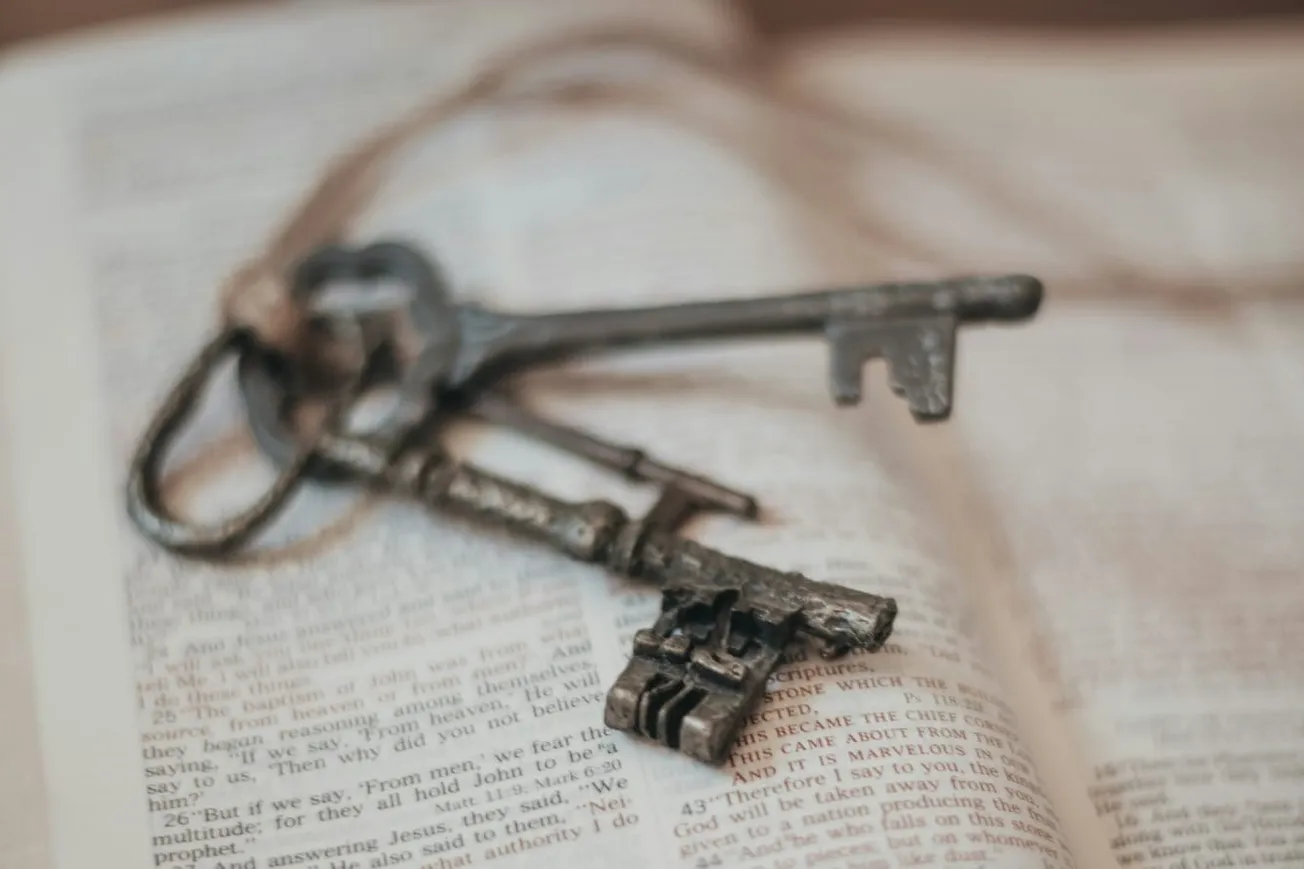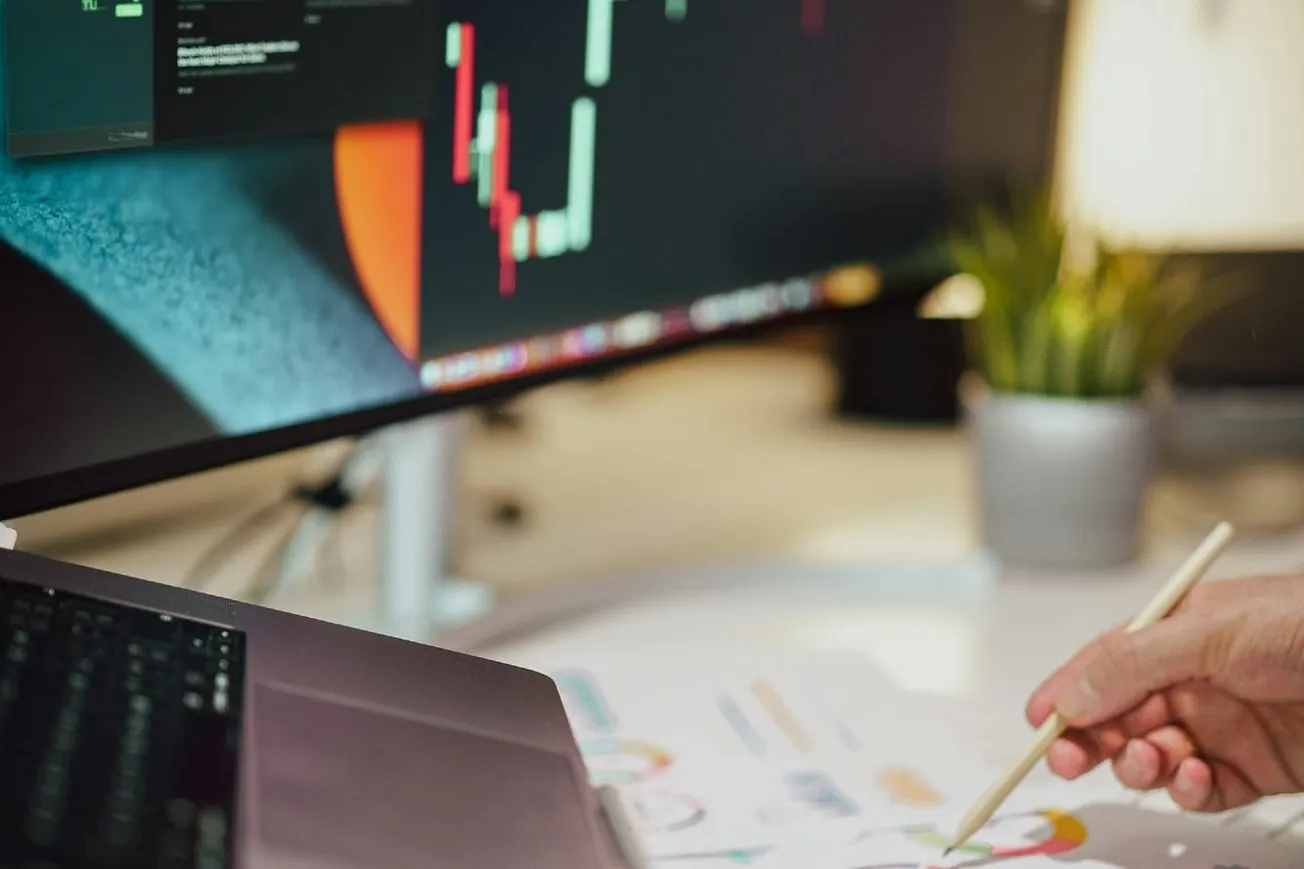By Bradley Devlin, The Daily Signal | April 10, 2025
Aleksandr Solzhenitsyn was arrested on Feb. 12, 1974, for speaking out about the evils of Soviet communism. The next day, he was exiled to the West and would not touch Russian soil again for more than 15 years.
On the day of his arrest, Solzhenitsyn published an essay titled “Live Not by Lies.” The four-page essay was a call for civic courage: The end of Soviet totalitarianism would begin only when the Russian people refused to accept the regime’s lies.
Solzhenitsyn’s essay inspired the title of Rod Dreher’s 2020 book “Live Not by Lies: A Manual for Christian Dissidents.” Almost five years later, Angel Studios has turned Dreher’s book into a four-part documentary series focusing on the stories of the brave souls that stood up to communist regimes. Dreher joined “The Signal Sitdown” to give a behind-the-scenes look at the Angel Studios project.
Dreher started working on “Live Not by Lies” when he received a shocking phone call.
“I got a call from a doctor in the Midwest who had reached out to me through a mutual friend. He said, ‘I have to tell somebody what’s going on,’” Dreher recalled. “What he said was his elderly mother, who lived with him and his wife, had been a political prisoner in Communist Czechoslovakia in the 1950s. They imprisoned her—the communists did—because she was a spy for the Vatican, meaning she wouldn’t stop going to church when they told her to.”
“But in 2015, she told her son, ‘The things I see happening in this country, the United States, remind me of what it was like when the communists first came to power in Czechoslovakia,’” Dreher said.
Even Dreher was skeptical. “I thought it was a little extreme at first, but the more I started talking to people—when I would go to conferences or travel—people who had come to America to escape Soviet communism, I would just ask them, ‘Do you see parallels to what you left behind?’”
“Every single one of them said yes, and if you talked to them long enough, they would get really angry that Americans didn’t take them seriously,” Dreher said.
Dreher’s “Live Not by Lies” can be divided into two parts. The first seeks to explain what Dreher calls “soft totalitarianism,” which Dreher believes is ascendant in the West right now.
“That differs from the Soviet version, the hard version,” Dreher explained. “Under communism… the regime of lies was top down and it was enforced by a threat of violence. We don’t have that. So a lot of people in the West think, ‘Well, how can you call this totalitarianism? Where are the gulags? Where are the breadlines?’ But that doesn’t mean it’s not totalitarianism.”
“A totalitarian regime is one in which there is only one approved way to believe and to talk,” Dreher continued. “And if you get outside that, you can lose your job, you can have your business taken away, you can be denounced, and all the things that we’ve seen right over the past 10, 15 years.”
In essence, totalitarianism “tries to control your mind.” For soft totalitarianism, “you may not need secret police to enforce the rules if people enforce it on themselves. And that’s more of what we’ve been living with.”
The stories of dissidents like Solzhenitsyn make up the second part of the book. Dreher interviewed numerous dissidents of communist regimes. “I was seeking out their advice for how we should see our own situation under very different material and political circumstances,” Dreher said.
Their stories of courage and resistance largely follow what Solzhenitsyn wrote in his famous 1974 essay and is largely the focus of the new documentary series. “You get to see their faces and hear their voices,” Dreher said of the dissidents “trying to wake people in the West up to the threats to our liberty that come from believing lies.”
“Solzhenitsyn told his followers in Russia, he said, ‘look, we can’t expect to overthrow this government, and it would be foolish to go stand in the middle of red square with a bullhorn and call for the overthrow of the government.’ So what can we do?”
When Solzhenitsyn said, “Live Not by Lies,” Dreher told me, “what he meant by that was, do not sign a piece of paper, a petition, or something that you don’t believe in; don’t read newspapers where there are nothing but lies; don’t participate in public meetings where the truth can’t be spoken, and so on and so forth.”
Nevertheless, when someone decides to live not by lies, they’ll likely suffer for it. “I’m not an optimist. I think things are gonna get a lot worse before they get better,” Dreher said. “But my hope comes from the fact that my faith teaches me that even if you suffer, and unite your sufferings to Christ, that God will redeem it. Good will come out of it in the end.”
“We suffer because our Lord suffered.”
Bradley Devlin is politics editor for The Daily Signal.
Original article link









